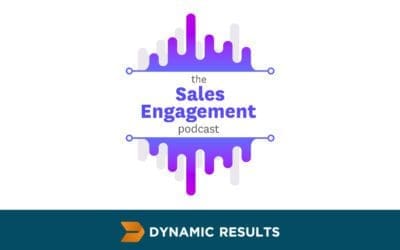The Journey to Being an Informed Leader: My Perspective
Informed people undoubtedly make the best decisions, contributing significantly to their organizations’ success. Regardless of my job title, from CEO to a team member on the warehouse floor, I’ve learned that being well-informed about my function is crucial. It’s not just about knowing the tasks at hand but understanding the why, the where, and the how of my work, as well as how others perceive me in my professional role. This deep understanding is what truly defines an expert.
Building Expertise Through Emotional Safety®
An expert’s reputation can stem from various sources, such as training, study, work experience, or ongoing learning. I’ve come to realize that being and remaining an expert goes beyond just performing day-to-day responsibilities. It involves a comprehensive understanding of my role, the origins of my work, and the needs of stakeholders. More importantly, it’s about knowing how I’m viewed by others, whether as an employee, boss, vendor, or co-worker.
Fostering Open Communication for Constructive Feedback
The concept of ‘Emotional Safety®’ is pivotal in this context. It’s relatively easy for people to approach me with positive feedback, but the real challenge lies in how approachable I am when things aren’t going well. Encouraging and rewarding the sharing of ‘bad’ news is essential for staying informed. Emotional Safety® is about making others feel not just comfortable but valued for bringing forward challenging news or feedback. This approach has been a game-changer in strengthening my relationships and enhancing business outcomes.
Learning from Emotional Intelligence Experts
Drawing inspiration from colleagues like Dr. Tim Turner, who ran the Emotional Intelligence Development program for the FBI, I’ve observed that the most effective agents – and leaders, in general – aren’t necessarily the ones who adopt a tough exterior. Instead, they excel in creating an atmosphere of Emotional Safety® that encourages openness, even in the most challenging interactions.
Implementing Emotional Safety® in Leadership
To embody the principles of Emotional Safety® in my work, I strive to gather as much information as possible, embracing even the feedback that might initially seem unwelcome. Recognizing that a lack of constructive criticism doesn’t imply perfection, but rather a possible reluctance to share due to past interactions, has been enlightening. It reminds me that fostering an environment where feedback is treasured is key to making well-informed decisions and avoiding the pitfalls of uninformed leadership.
–
Becoming a good leader is an ongoing process of self-improvement, open communication, and fostering an environment where every piece of information is a stepping stone to better decision-making. For those interested in deepening their understanding of Emotional Safety® and its impact on leadership, I recommend our book, “Step Up–Lead in Six Moments that Matter,” co-authored by Henry Evans and Colm Foster. The insights on creating an emotionally safe workplace can significantly transform your leadership style and business results.



